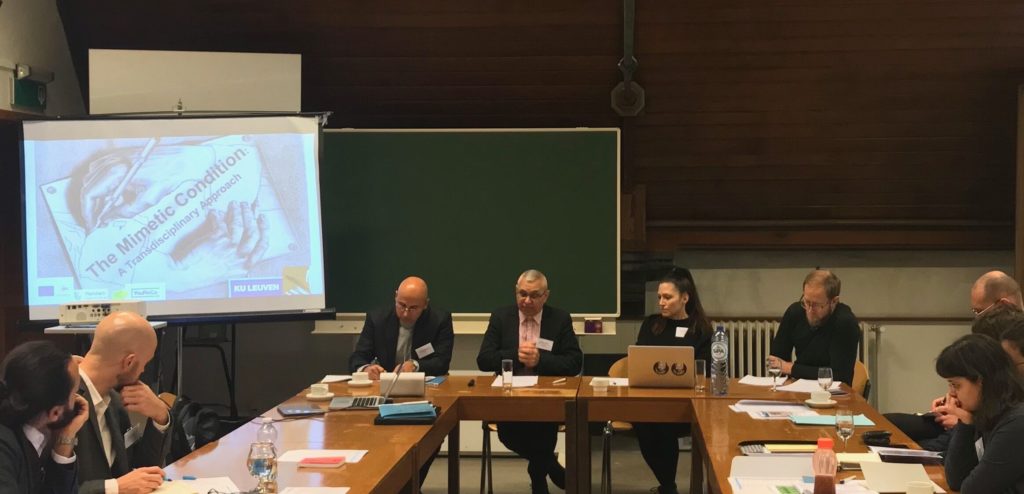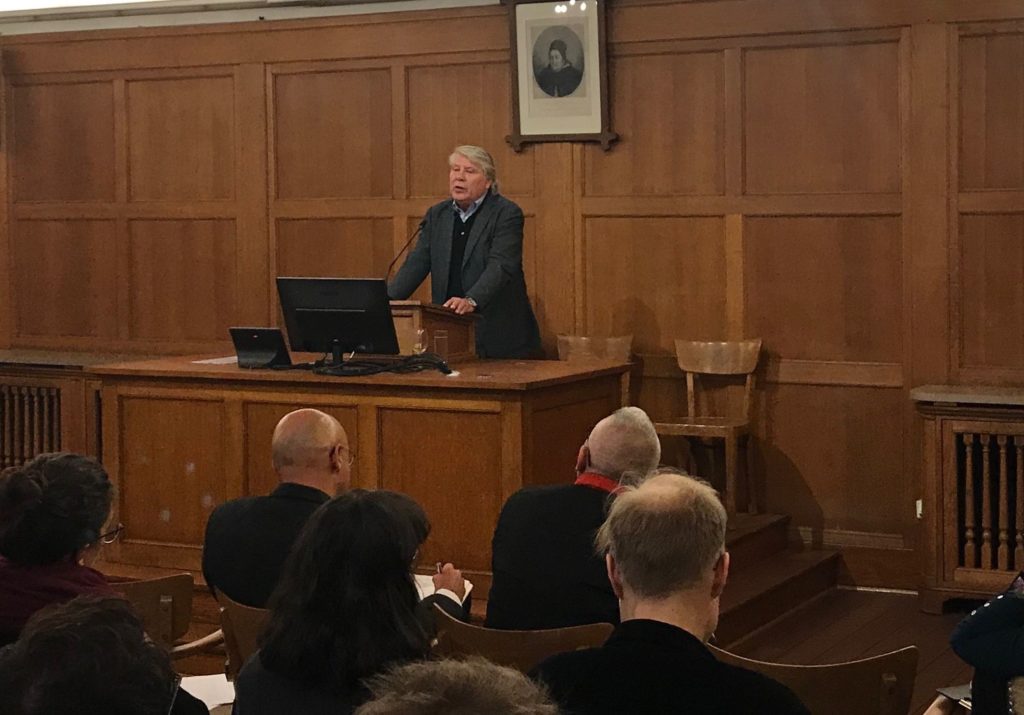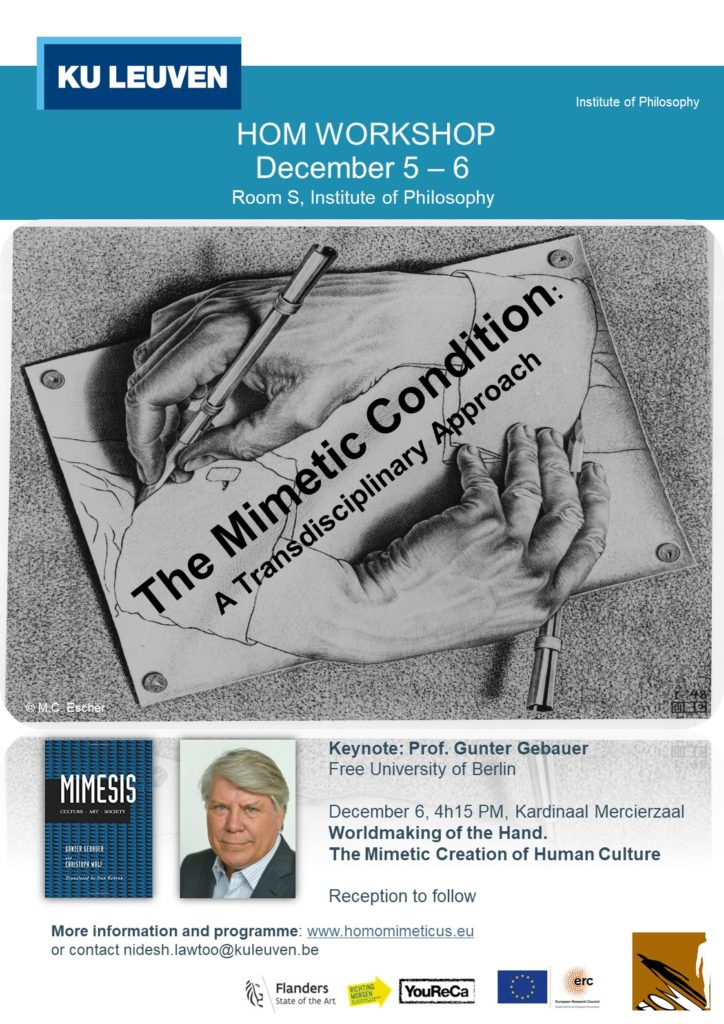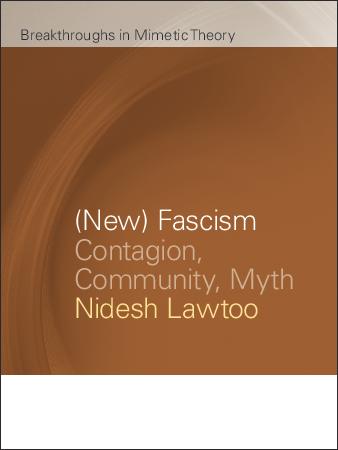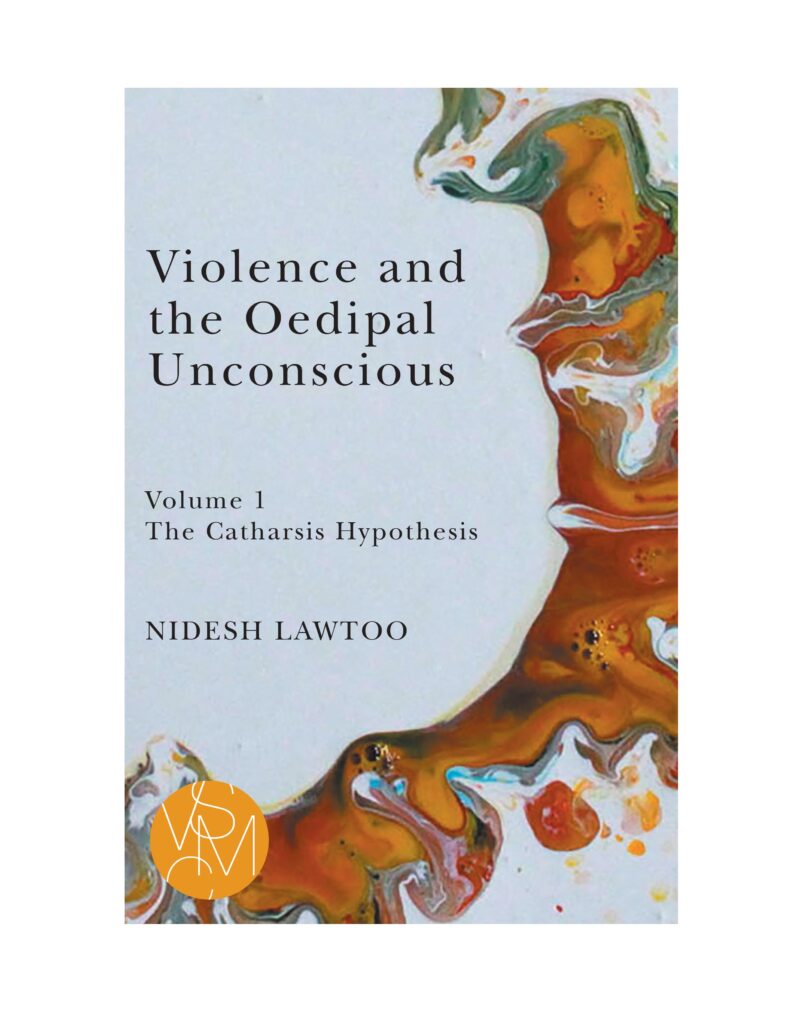
In his latest contribution to mimetic studies, Violence and the Oedipal Unconscious (MSU P, 2023), Nidesh Lawtoo reframes current debates on (new) media violence by tracing the philosophical, aesthetic, and historical vicissitudes of the “catharsis hypothesis” from antiquity to modernity into the present via Aristotle, Nietzsche, Bernays, Freud, Girard, Morin among others. In the process, he outlines a new theory of violence, mimesis, and the unconscious that does not have desire as a via regia, but rather, the untimely realization that all affects spread contagiously and thus mimetically.

